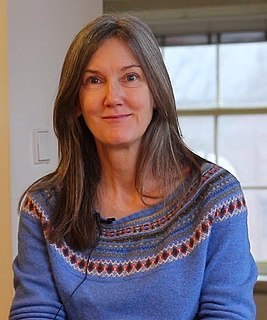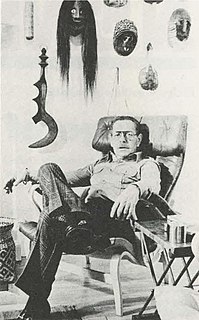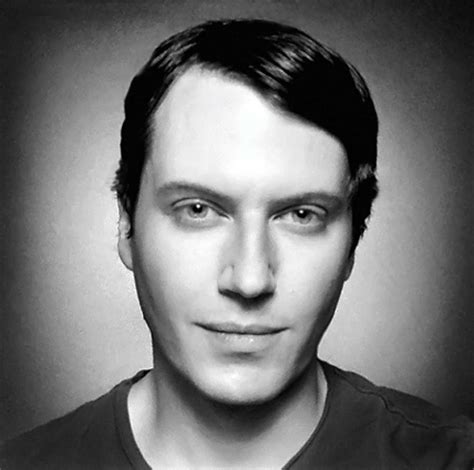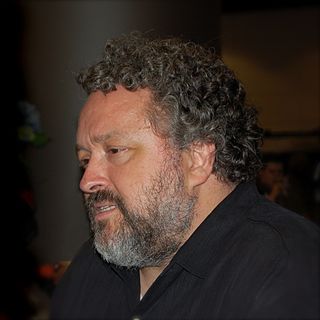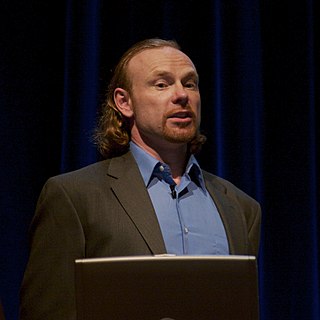A Quote by Rob Manuel
One of the things 'Minecraft' is most noted for is the freedom it gives the players to build and experiment with the tools. You start off with simple objects; axes, torches, helmets and swords. With a little time and experimentation, you move to switches, complex machines, mine carts, glass.
Related Quotes
All propaganda or popularization involves a putting of the complex into the simple, but such a move is instantly deconstructive. For if the complex can be put into the simple, then it cannot be as complex as it seemed in the first place; and if the simple can be an adequate medium of such complexity, then it cannot after all be as simple as all that.
All designed tools and objects are sort of extensions of human abilities, and they do tend to make life richer for us. But, an awful lot of designs, especially in this country, make life a lot more inconvenient. I'm thinking, for instance, of high-fidelity units that have so many switches and toggles and buttons and things that they confuse most people.
We do know that we can set certain algorithms for machines to do certain things - now that may be a simple task. A factory robot that moves one object from here to there. That's a very simple top-down solution. But when we start creating machines that learn for themselves, that is a whole new area that we've never been in before.
The most precise work is generally done by hand, with hand tools. Some people rely on machines for their precision, and my way of working is backwards. I rely on the machines for doing the gross stock removal and then, when it comes to the final refinements and fitting of joints and things, making things work together, I rely more on sharp-edged tools that I push by hand.
Infidelity and faith look both through the perspective glass, but at contrary ends. Infidelity looks through the wrong end of the glass; and, therefore, sees those objects near which are afar off, and makes great things little,-diminishing the greatest spiritual blessings, and removing far from us threatened evils. Faith looks at the right end, and brings the blessings that are far off in time close to our eye, and multiplies God's mercies, which, in a distance, lost their greatness.
Going a little further into the future, we'll start literally connecting to machines. Some of my colleagues at MIT here - some of them are working on a neural mesh that connects directly to your brain, and they've already done it with some disabled people and allowed them to move objects just by thinking.
[Coining phrase "null hypothesis"] In relation to any experiment we may speak of this hypothesis as the "null hypothesis," and it should be noted that the null hypothesis is never proved or established, but is possibly disproved, in the course of experimentation. Every experiment may be said to exist only in order to give the facts a chance of disproving the null hypothesis.
Presently he rose and approached the case before which she stood. Its glass shelves were crowded with small broken objects —hardly recognisable domestic utensils, ornaments and personal trifles — made of glass, of clay, of discoloured bronze and other time-blurred substances.
'It seems cruel,' she said, 'that after a while nothing matters... any more than these little things, that used to be necessary and important to forgotten people, and now have to be guessed at under a magnifying glass and labeled: "Use unknown".'

